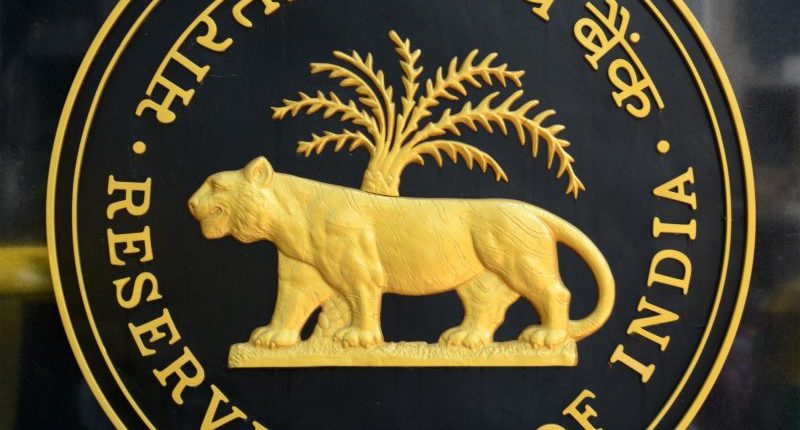The Reserve Bank of India (RBI) issued a ‘Draft Circular on Fair Lending Practice – Penal Charges in Loan Accounts’. The draft circular regulates transparency in the disclosure of penal interest levied by Regulated Entities (REs).
Lending institutions are free to frame a board-approved policy for the levy of penal interest rates. However, the RBI stated that it has observed that many REs impose penal interest rates above the applicable rates in the case of non-compliance or default with the terms upon which credit facilities were sanctioned to the borrowers.
Thus, the RBI stated that the relevant regulatory instructions issued about interest rates would strictly govern the determination of interest rates by REs on credit facilities, including conditions for resetting interest rates.
REs should not introduce additional components of the rate of interest. Penalties charged for the default and non-compliance of material conditions and loan contract terms by the borrowers would be treated as penal charges. REs cannot levy penalty charges in the form of penal interest added to the interest rate charged on the advances.
In its draft circular, the RBI stated that levying penal charges or interest is essential to develop a sense of credit discipline amongst borrowers through negative incentives and ensure fair compensation to the lenders. It stated that the penal charges are not meant to be a revenue enhancement tool above the contracted interest rate.
The RBI also stated that the penal charges for loans sanctioned by REs to individual borrowers for purposes other than business should not be higher than those applicable to non-individual borrowers.
For any clarifications/feedback on the topic, please contact the writer at mayashree.acharya@clear.in

I am an Advocate by profession. I interpret laws and put them in simple words. I love to explore and try new things in life.





